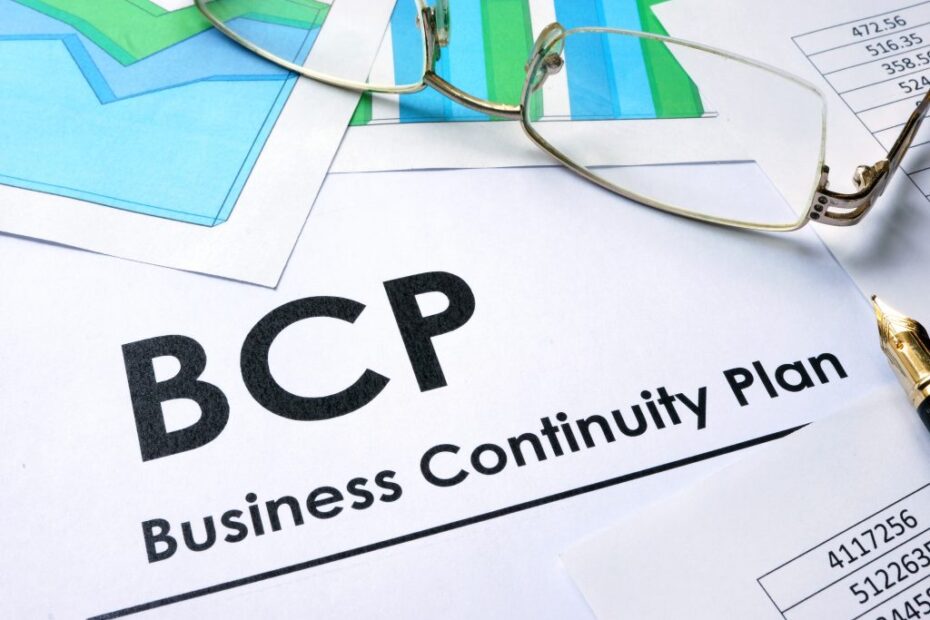Have you ever wondered how your company could handle the loss of key employees? What would happen if the building housing your headquarters was destroyed? Are you prepared to deal with website downtime? Business continuity planning (BCP) is simply the process of identifying risks to your business and creating plans to mitigate them and keep your business up and running in case disaster strikes.
BCP has become increasingly important in today’s digital world, where downtime can cost millions of dollars in lost revenue, but it’s essential that every business owner takes this seriously, even if you’re just a one-person operation.
What is a Business continuity plan (BCP)
Business continuity planning (BCP) is the process of developing a system of preventive and recovery measures to deal with potential threats to a company. The goal of BCP is to keep the company running in the event of an unexpected disruption, including natural disasters, power outages, cyber-attacks, or anything else that could jeopardize the company’s operations.
Developing a Business Continuity Plan (BCP)
Now that you know the importance of a Business Continuity Plan, here is how to develop one for your business.
Business Analysis:
The first step of creating a Business Continuity Plan is to have a detailed analysis of critical and time-sensitive business operations that need to be addressed.
Recovery:
After identifying key business operations, the business must identify and implement steps to recover critical business functions in an emergency.
Organization:
Now that we have analyzed the business and identified a key recovery area, it is time to organize a continuity team who will be responsible for managing the disruption.
Training:
The final step is to keep the team trained and tested. They are responsible for nullifying emergencies so they can go over monthly exercises that go over the plan and strategies.
Why Is Business Continuity Planning (BCP) Important?
A Business Continuity Plan is important because it identifies the effects of disruption of business functions and processes. It also lays a system that can be followed to bring the business back live at the earliest possible time.
Business disruption can be both short-term and long-term, depending on the magnitude of the issue. It can impact your finance, operations, or even the business’s supply chain. This will result in a loss of revenue, a higher overhead cost, and an overall drop in profitability.
Sure, you can get different insurances such as business interruption insurance to support you during a loss, but you should never rely on insurance alone as it does not cover all the expenses or the loss you incur when a customer moves to a competitor.
Final words
A business continuity plan will help you prepare for situations that could make a serious dent in your revenue. Sure, having insurance help, but you cannot rely on insurance to cover all costs or the lost opportunity of having to lose a customer. So, it is highly recommended to invest and prepare a team of personnel who can execute a business continuity plan and help your business to grow.
